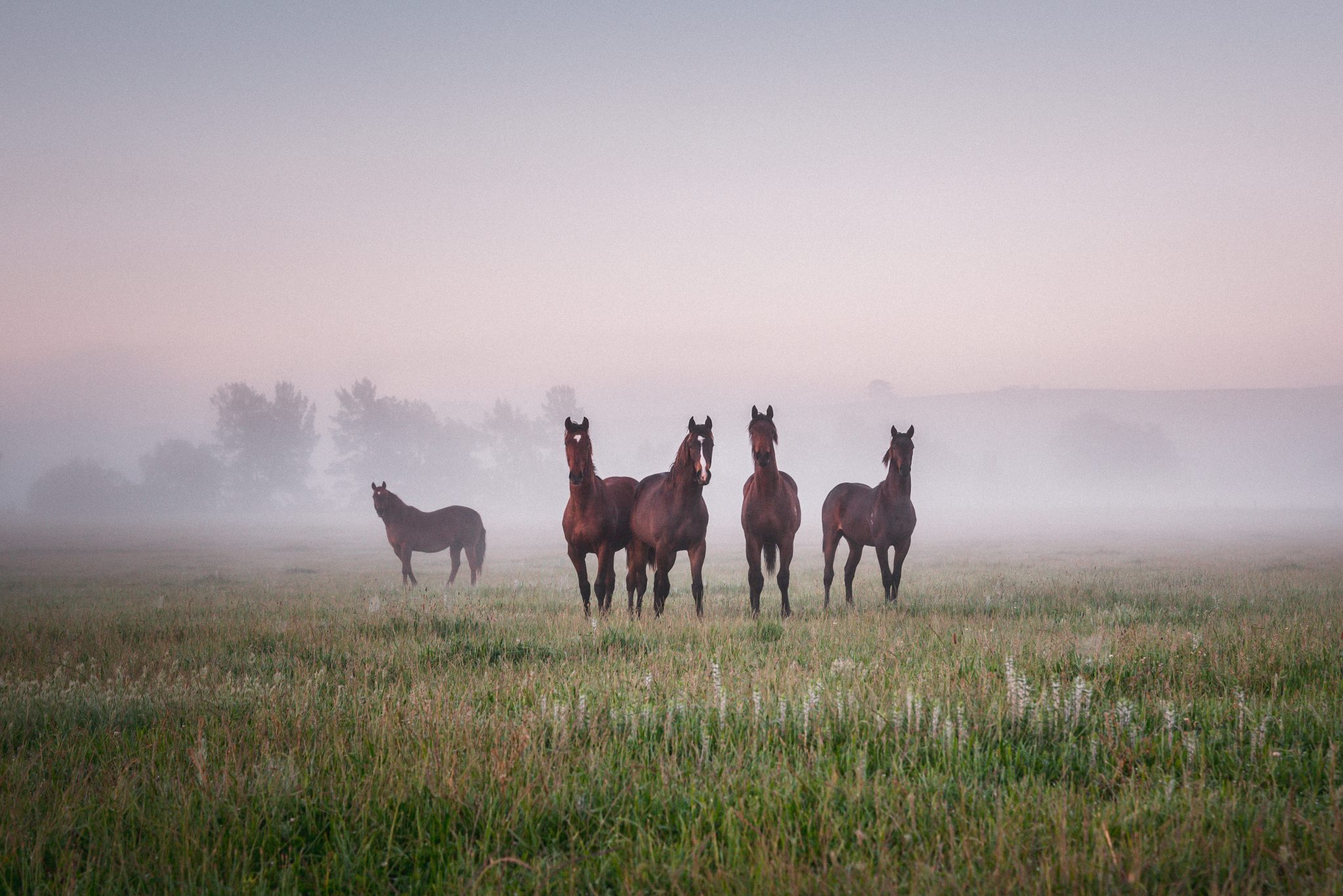AgriFutures Australia has welcomed support from Equestrian NSW , through a $40,000 contribution, for a new project led by Associate Professor Benjamin Ahern from the University of Queensland, to validate a new Hendra virus test. The new testing protocol will enable prompt treatment of suspected infected horses at point of care and avoid significant industry disruption from delayed diagnosis at equine training or breeding facilities.
The project, administered by AgriFutures Australia, brings together the equine sector with co-investment from Equestrian NSW, the thoroughbred industry, universities, private veterinarians and government.
Bruce Farrar, Equestrian NSW Chief Executive Officer welcomed the new project, funded and overseen by AgriFutures Australia, and highlighted the need for a sector wide and independent approach.
“We have been very interested in the research and development underway for a new Hendra test, but we were cognisant that to have a significant impact a collaborative approach was required; no one organisation would be able to propel the work forward in isolation,” said Mr Farrar.
“We were very attracted to AgriFutures Australia’s co-investment opportunities because of its independence, strong governance and rigour in assessing competing projects, and its funding approach,” said Mr Farrar.
Annelies McGaw, AgriFutures Australia Program Manager applauded Equestrian NSW’s investment and the industry wide collaboration.
“We’re very grateful to have Equestrian NSW’s support and to be facilitating a collaborative equine-wide approach to tackling Hendra virus.”
She added as a rural research and development corporation AgriFutures Australia must adhere strict assessment and procurement processes and this project and funding round was no exception.
“Research proposals made to the AgriFutures Thoroughbred Horses Program are assessed by an independent panel made up of industry experts including vets, breeders and researchers. Each proposal is assessed based on its scientific merit, as well as the potential impact on the industry.”









